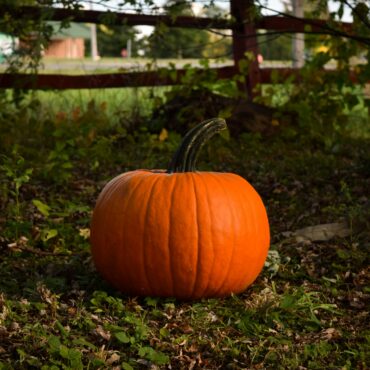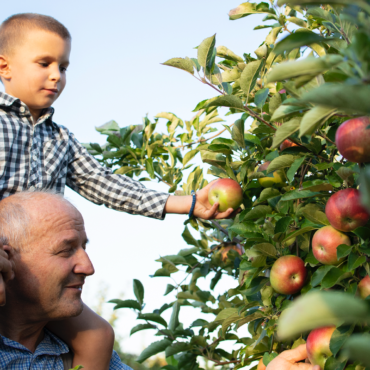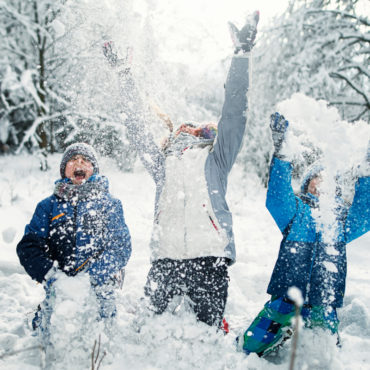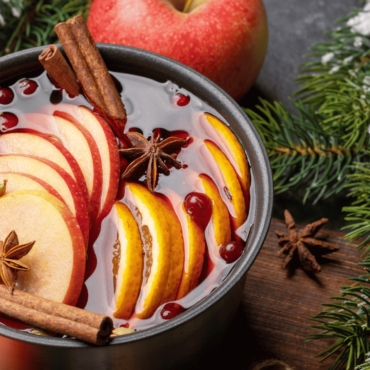Blog & News
Food waste
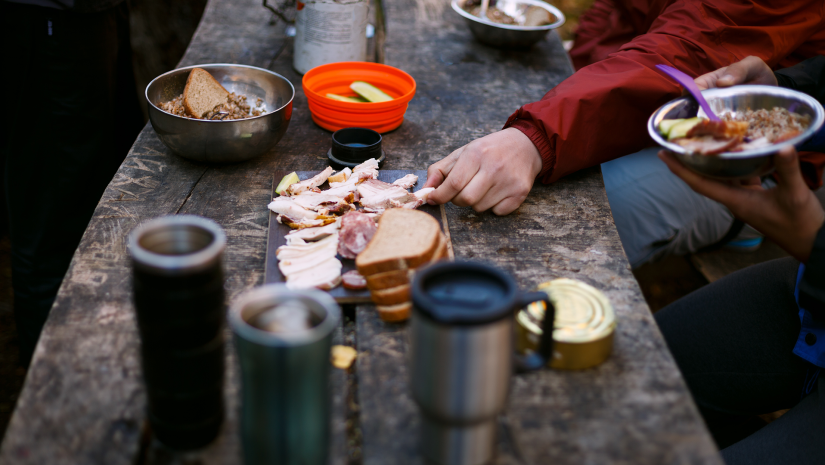
Spring sunshine ushers in the return of weekends in the great outdoors and you may have already noticed that food waste sometimes invades our escapades as well! When you have access to a cooler and are driving around, the right planning tips will help you avoid food waste. But what about carrying your entire pantry on your back for a long hike or on your bike for a cycling adventure!? Well, again, you just need to have the right advice on hand. And I just listed my top picks for making all your nature trips a little more zero waste!
1. Integrate your surplus into your planning
Just like when planning your menu for the week, the foods you already have should be considered first. Have a zucchini that’s getting soft in the fridge? Make it the star of your dinner by incorporating it into the chili you’re planning! You can also use what you have on hand to make nutritious snacks.
Here is my basic outline for leftovers energy balls. Mix, shape them into balls, and they’re ready!
– ½ cup liquid: date puree, nut butter, honey or maple syrup
– 1 cup of dry cereal: oats, puffed cereal, granola or others
– ½ cup other ingredients to taste: nuts and seeds, milk powder, PVT, dried fruit, chocolate chips, etc.
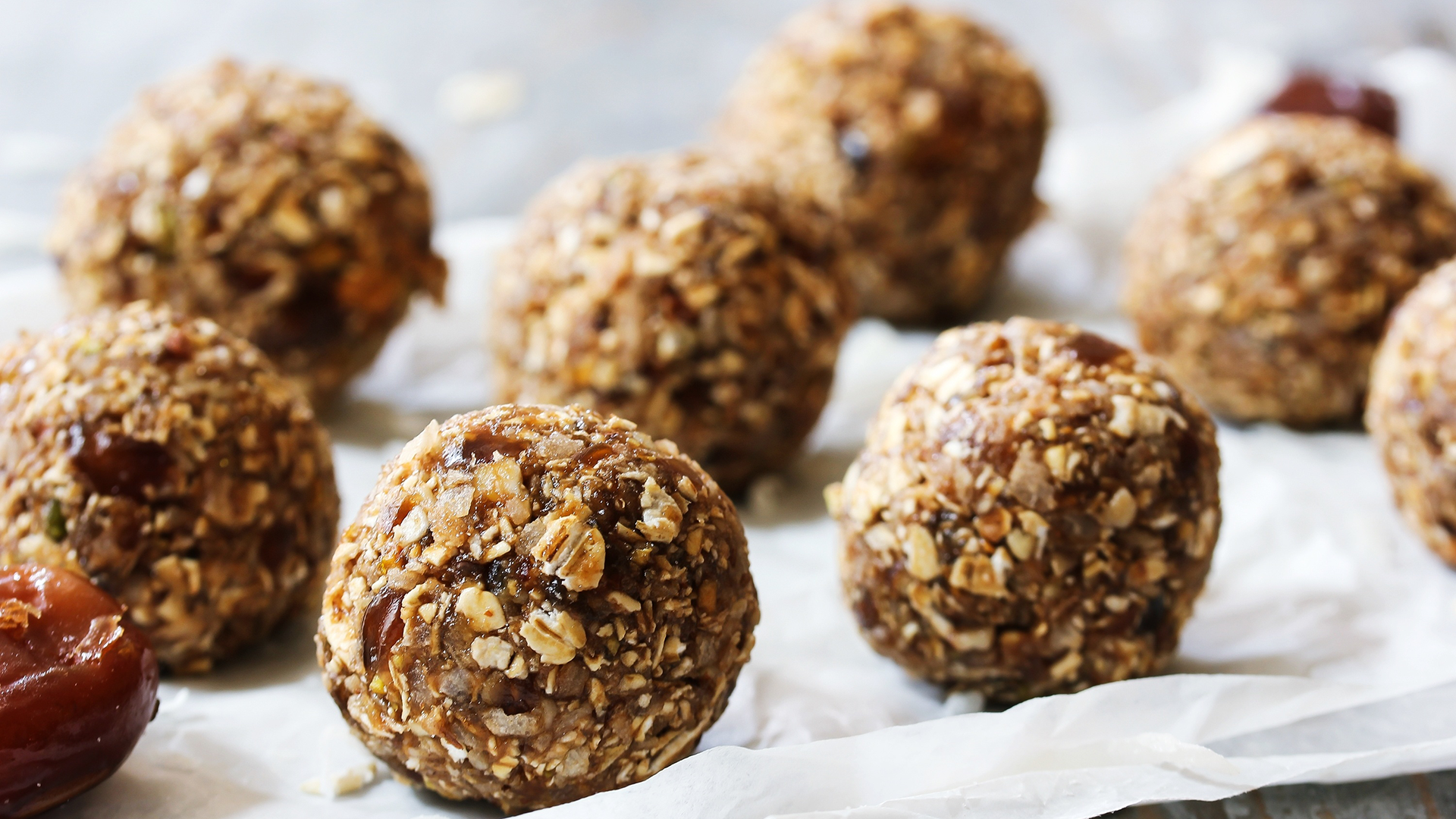
Finally, it’s possible to prepare dehydrated meals at home! So, when you have surplus food (fruits, vegetables, meat, herbs), put them in the dehydrator or dehydrate them in the oven. Here are some examples:
– Rice soup with jerky
– Lentil chili prepared in advance and dehydrated
– Homemade beef jerky
– Oven-baked fruit roll ups
2. Choose non-perishable, light and durable foods
Consider recipes that contain non-perishable and lightweight ingredients, as well as being weather resistant. For example, raspberries won’t last very long and will get ugly quickly. Conversely, apples and oranges are firmer choices that will remain edible longer.
Many sources of protein can be stored at room temperature and are light, such as PVT (textured vegetable protein), lentils, milk powder, peanut butter powder, roasted chickpeas, nuts and seeds. For starches, couscous, instant rice, ramen noodles, oats and even potato flakes are good options. For vegetables, if you are able to carry more weight, choose stronger ones like root vegetables, green beans, asparagus and peppers. So, there are many options to choose from: couscous stew, lentil daal, fruit oatmeal, rice with vegetables and PVT, a dish of creamy pasta, etc.
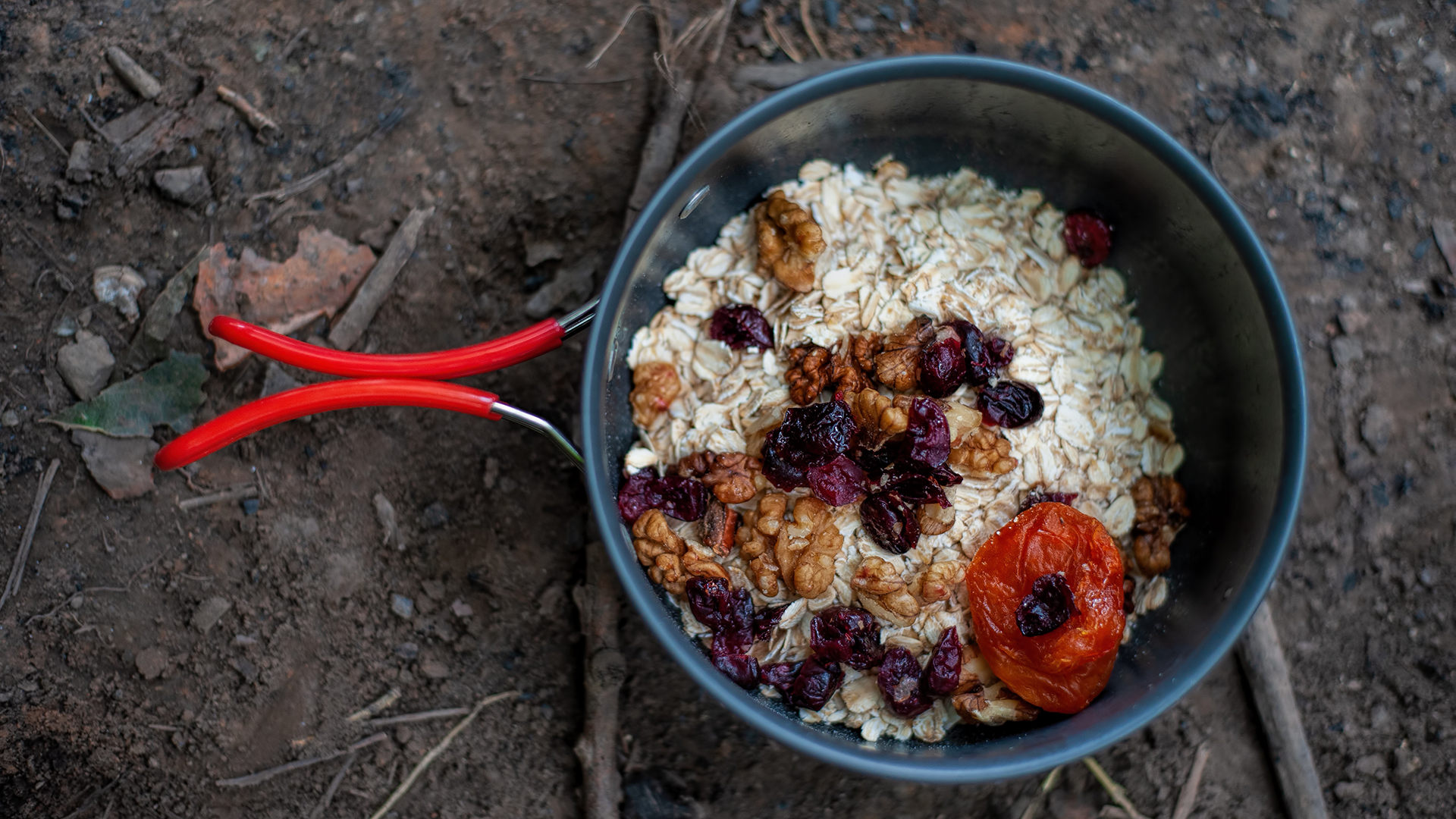
If you plan on peeling your vegetables, it’s best to do so before you leave. This way, you can cook the peels or save them for a later recipe. Plus, you can avoid unnecessary weight in your bag.
Careful! Bringing dry food in cloth bags may seem like a good idea, but they may absorb moisture. Nobody wants to eat wet chips at the end of the day. Silicone or plastic bags (which can be reused several times) allow for better preservation of food and don’t take up as much space once emptied.
3. Bring only the essentials and plan refreshments, if possible
It’s important to calculate the quantities you bring along. The rice brought as an extra may not weigh much, but once cooked, you’ll be stuck with it. Once again, planning is at the heart of anti-waste strategies!
As much as you can, like on bike touring trips, plan the stops for buying only what you need as food as you go, making sure to eat all the food you have left before buying more.
4. Cooking the surplus
For your last meal of the trip, consider planning a meal that will incorporate all your leftovers. It’s time to get creative and cook a soup or a delicious pasta dish that contains all the uneaten vegetables. A good croustade can also give the remaining fruit a second life.
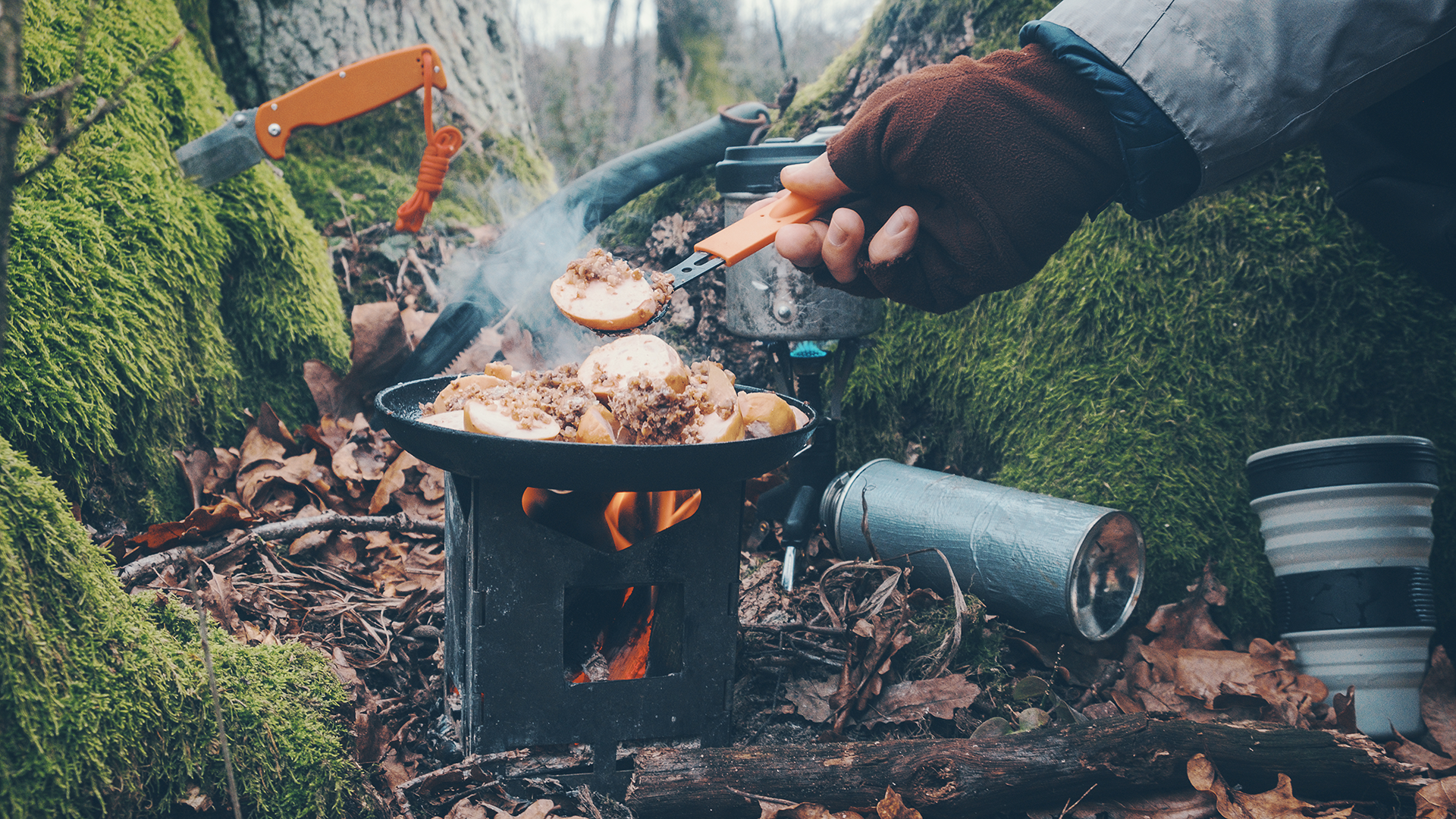
Finally, when you get home, make sure you cook what you didn’t eat. For example, add your nut bag bottoms and salty snacks to a soup or an odds-and-ends salad.
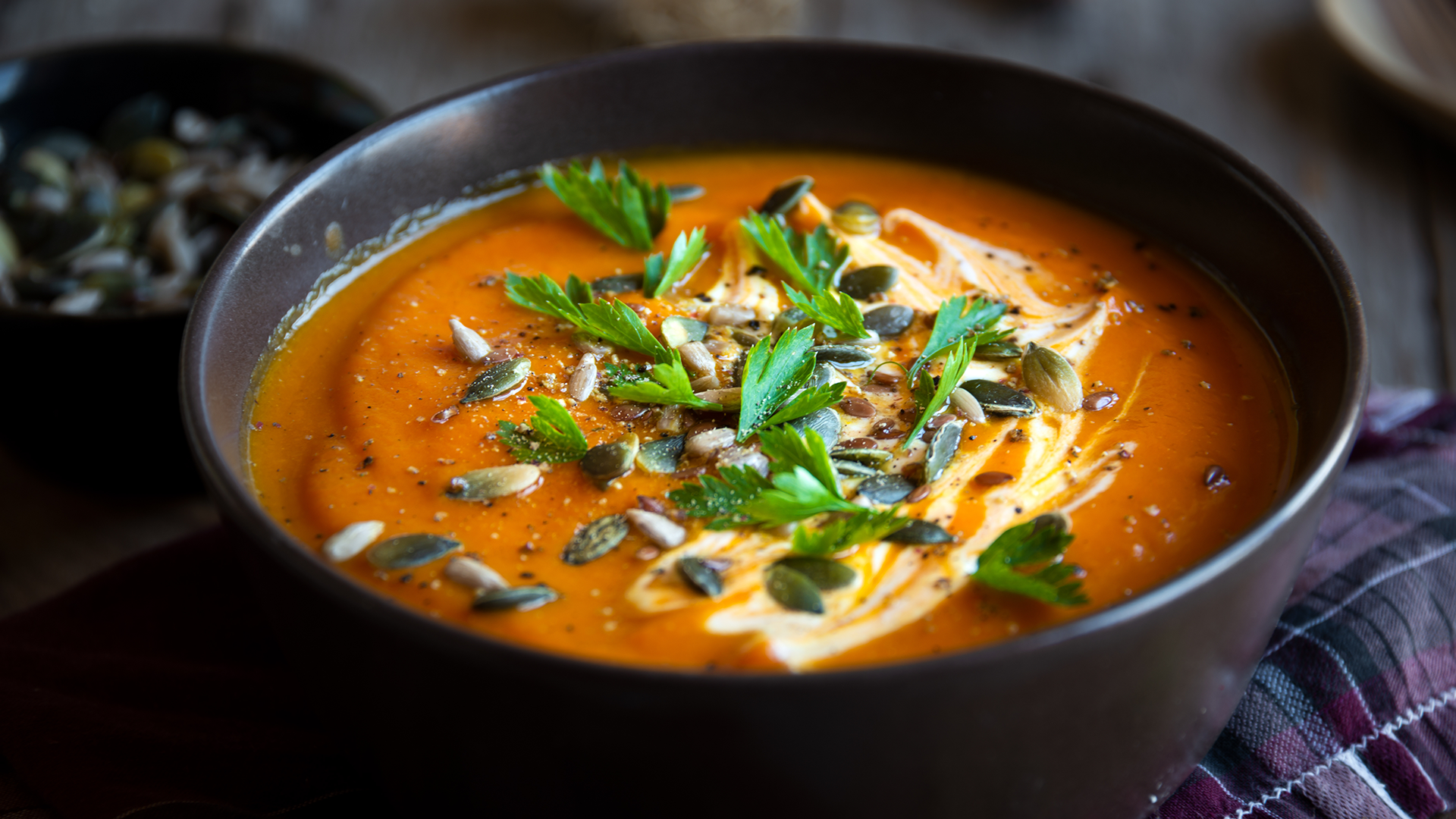
If, despite your best efforts, you have excess food or peelings, keep in mind that we don’t want to leave any trace of our visit in nature. Nature is not a compost bin, so you’ll need to carry your organic waste all the way home. All the more reason to optimize your planning!
Enjoy the outdoor season and Bon Appétit!

Experte de la lutte contre le gaspillage alimentaire
Elisabeth Paradis
Passionnée de bouffe, Elisabeth aime utiliser l'alimentation comme façon de connecter avec les gens. Pour elle, manger est lié au plaisir et au partage, mais aussi à ses valeurs environnementales. Si elle n'est pas dans sa cuisine, vous la retrouverez dans son jardin, sur son vélo, ou en train d'être la fan numéro 1 de ses chats Dumpling et Kimchi.
View all posts...Related posts :
Contact us
Earth Day Canada
5818, boulevard Saint-Laurent
Montréal (Québec) H2T 1T3 Canada
Phone : (514) 728-0116
Toll free : 1 800 424-8758
Fax : (514) 303-0248
Email: hello@earthday.ca
2026 © Earth Day Canada. All rights reserved.
Privacy policy · Terms of use · Trademark

